Customs Has Demonstrated How Govt. Institutions Can Contribute to Economic Transformation – President Tinubu
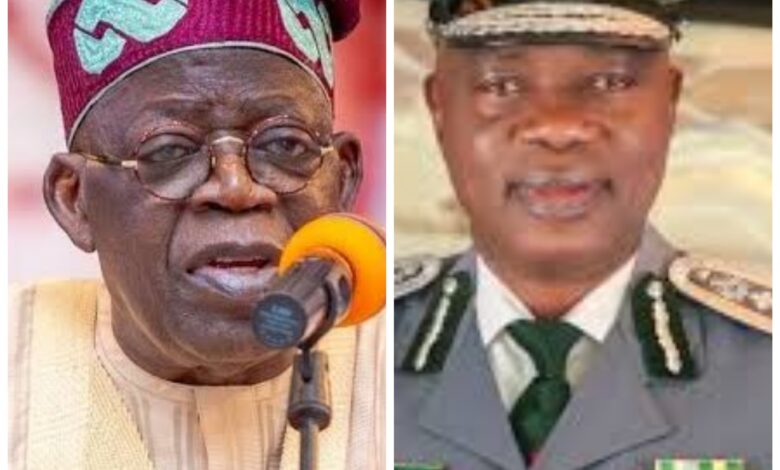
President Bola Ahmed Tinubu has commended the Nigeria Customs Service (NCS), stating that it has demonstrated how government agencies can improve the economy.
The president, who was represented by the National Security Adviser (NSA), Mallam Nuhu Ribadu made the remark at the opening ceremony of the 2024 Comptroller-General of Customs Conference at Transcorp Hilton Hotel, Abuja on Wednesday, November 13.
“Through strategic initiatives, we are enhancing trade facilitation, modernizing our port infrastructure, and streamlining business processes to reduce barriers to trade. Our commitment to creating an enabling business environment has resonated with the international investment community.
“The confidence in our economy is reflected in the significant surge in foreign direct investments, which has exceeded $30 billion in the past year. This achievement demonstrates that our policies are yielding positive results, making Nigeria increasingly attractive for both domestic and international investors. More importantly, these improvements are creating new opportunities for Nigerian businesses to participate more actively in global trade,” he stated.
President Tinubu disclosed that central to the success of the economic initiatives is the role of his government’s strategic institutions and their dedicated personnel.
“Our vision required government agencies to be proactive in aligning their statutory responsibilities with the broader national economic objectives. Agencies needed to demonstrate initiative in identifying opportunities within their mandates that would best serve and advance our national aspirations.
“I am pleased to note that the Nigeria Customs Service is one of the agencies that has risen to this expectation, demonstrating how government institutions can effectively contribute to our economic transformation agenda while fulfilling their core mandates.
“This alignment is clearly demonstrated in the Service’s comprehensive modernization agenda. In responding to our administration’s call for enhanced trade facilitation and economic growth, the Service has introduced significant reforms including the Advanced Ruling system and the Authorised Economic Operator Program.”
According to him, the initiatives, which align with global best practices, show how agencies can innovatively implement solutions that advance national economic objectives, while meeting international standards.
“Such reforms not only enhance trade facilitation but also create a more predictable business environment that supports our broader economic goals.
“The results of these initiatives across the Service’s core mandates have been encouraging. The Nigeria Customs Service has shown remarkable progress in revenue generation, enhancing government’s capacity to fund critical national development projects. Through strategic reforms, the Service is strengthening Nigeria’s position as a trade-friendly nation, particularly in the areas of export promotion and port efficiency.
“This has contributed significantly to our improved global ranking in the ease of doing business. The Service has also demonstrated that effective trade facilitation can coexist with strong regulatory compliance, as evidenced by its enhanced border security and anti-smuggling operations. These achievements affirm our administration’s belief that public institutions, when properly aligned with national objectives, can effectively drive transformative change,” he explained.
He stressed that the conference’s theme “NCS Engaging Traditional and New Partners with Purpose”, reflects his administration’s broader vision of fostering strategic partnerships and collaborative approaches to governance and economic management.
The president reiterated his administration’s commitment to supporting the Nigeria Customs Service (NCS) in its modernization and reform initiatives, including support for technological advancement, infrastructure development, and capacity building programs that align with global best practices.
He urged the participants to build upon the foundations with clear cognizance of “our regional and continental obligations, maintaining that “your discussions should be particularly timely and strategic, considering Nigeria’s role in the African Continental Free Trade Area (AfCFTA) and our position as West Africa’s largest economy.”
“Focus on innovative approaches that will strengthen existing partnerships and forge new ones to advance our national interests within this expanding trade landscape,” he advised, emphasising that the outcomes of the conference should provide a clear roadmap for achieving the objectives in line with national economic aspirations.
He further acknowledged the presence of international partners and stakeholders, stating that their participation at the conference exemplifies the global dimension of his government’s reform agenda.
“Nigeria, as Africa’s largest economy, is determined to deepen its integration into global value chains and strengthen its position as a reliable trading partner. Our commitment to sustainable economic reforms, trade facilitation, and creation of an enabling business environment is firm and irreversible.
“We see our international partnerships as crucial catalysts in our journey towards becoming a more competitive player in global trade, particularly as we position ourselves to harness the opportunities presented by expanding regional and continental markets,” he added.


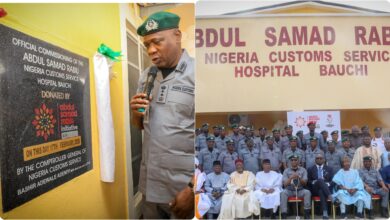
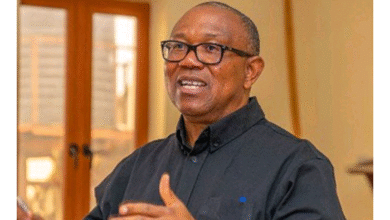
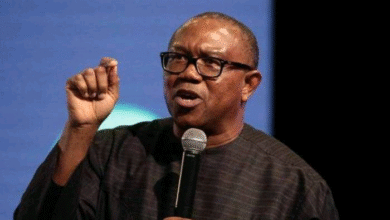
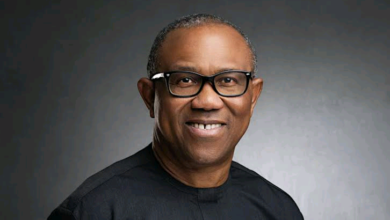
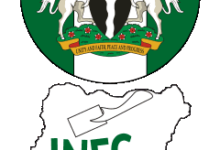
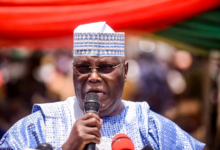
2 Comments